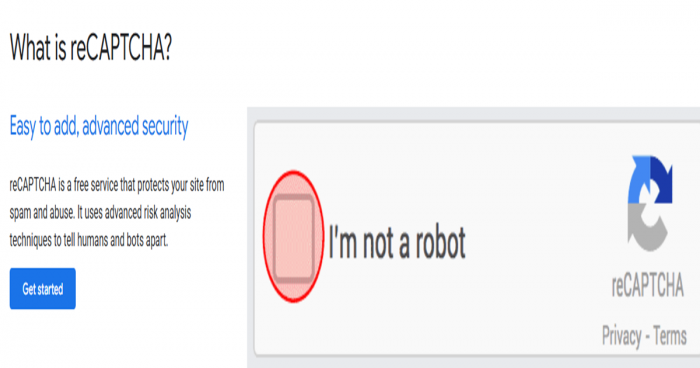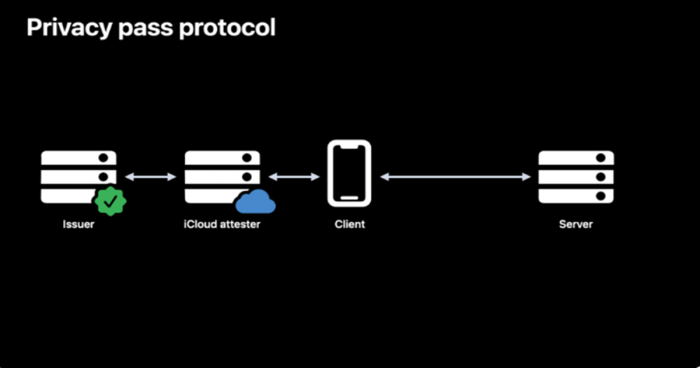On This Page
- What Is CAPTCHA and Why Does It Matter Today?
- The Birth of CAPTCHA: A Response to the Bot Boom
- CAPTCHA’s Evolution: From Blurry Text to Smart reCAPTCHA
- New-Age Threats: CAPTCHA Impostors and Fake Pages
- The AI Arms Race: Can Bots Now Beat CAPTCHA?
- Future of CAPTCHA: Apple’s Tokens and Beyond
- CAPTCHA and You: Why It Still Matters
- Interactive Takeaway: Can You Outsmart a Bot?
- Final Thoughts
Discover how CAPTCHA protects your online identity in the age of AI. From its origins to modern reCAPTCHA systems and fake CAPTCHA threats, learn how this digital gatekeeper evolves to keep bots out and users safe.
What Is CAPTCHA and Why Does It Matter Today?
Ever had to click on blurry traffic lights or decipher squiggly letters? That’s CAPTCHA at work. Standing for Completely Automated Public Turing test to tell Computers and Humans Apart, it’s the quiet gatekeeper protecting your favorite websites from bot attacks. In a world where digital impersonation is getting smarter, CAPTCHA remains a digital bouncer, letting real users in and bots out.
But how did it all begin? Let’s rewind a bit.
The Birth of CAPTCHA: A Response to the Bot Boom
Back in the early 2000s, the internet was under siege by bots—flooding websites, stealing data, and creating fake accounts. That’s when a group of brilliant minds—Luis von Ahn, Manuel Blum, Nicholas J. Hopper, and John Langford—stepped in. Their idea was simple: make a challenge humans could solve easily, but bots couldn’t.
This puzzle-like approach laid the foundation for what we now know as classic text-based CAPTCHA. But as bots got smarter, so did the puzzles.
Which brings us to the next chapter—how CAPTCHA evolved in the AI age.
CAPTCHA’s Evolution: From Blurry Text to Smart reCAPTCHA
Remember those barely readable characters we used to type? That’s old-school CAPTCHA. Fast forward, and we’ve got Google’s reCAPTCHA, a smarter, smoother system that often works invisibly, like when you just check a box saying “I’m not a robot.”

But here’s the genius part: reCAPTCHA didn’t just stop bots. It also helped digitize books. Google used the harder-to-read words from scanned texts as challenges, making every solved CAPTCHA a small step toward building digital libraries.
And now, reCAPTCHA has leveled up again—seamlessly integrating with Google Cloud for better enterprise use.
New-Age Threats: CAPTCHA Impostors and Fake Pages
CAPTCHA has always protected us, but lately, it is even being used as bait.
Recent reports from Malwarebytes warn of fake CAPTCHA pages. These scammy pop-ups mimic real ones, tricking users into downloading malware or giving away personal data.
So next time you see a CAPTCHA challenge on a sketchy-looking page, pause. Look at the URL. Stay alert. Because the tools we trust can also be used to trick us.
Let’s now explore how CAPTCHA systems are trying to stay one step ahead.
The AI Arms Race: Can Bots Now Beat CAPTCHA?
Here’s the twist—AI is now getting good at solving CAPTCHA, too. Some bots can bypass even Google’s reCAPTCHA with alarming accuracy.
In fact, a BoingBoing report claims reCAPTCHA may be wasting human time while offering little security. It’s sparking a serious debate: Are traditional CAPTCHAs becoming outdated?
This question is pushing companies to rethink the whole human verification system.
Future of CAPTCHA: Apple’s Tokens and Beyond
Big tech isn’t sleeping on this. Apple’s solution? Privacy Access Tokens—a new system that verifies user legitimacy without disrupting their experience. Instead of clicking crosswalks or typing text, your device handles the verification silently in the background.

This shift marks a move toward frictionless security, where users stay protected without even realizing it.
But does this mean CAPTCHA is disappearing?
Not quite. It’s just transforming.
CAPTCHA and You: Why It Still Matters
Even with all these changes, CAPTCHA still plays a huge role in protecting logins, payment gateways, and forms from automated abuse. It’s not perfect, but it’s evolving alongside the threats.
So next time you spot a CAPTCHA, don’t see it as a nuisance. See it as the last line of defense between your personal data and a swarm of bots trying to break in.
And while CAPTCHA evolves, so should our awareness.
Interactive Takeaway: Can You Outsmart a Bot?
Let’s play a quick CAPTCHA quiz:
Q: Which of the following is NOT a real CAPTCHA system?
A. reCAPTCHA
B. hCAPTCHA
C. BotStop 3000
D. Privacy Pass
(Answer: C—sounds cool, but it’s fictional!)
Drop your CAPTCHA experience in the comments below! Ever failed one too many times and questioned your humanity?
Final Thoughts
CAPTCHA might seem like a tiny speed bump online, but it’s actually a powerful guardian of digital identity. As bots get brainier and the web gets riskier, CAPTCHA will keep evolving, quietly protecting us behind the scenes.
Stay aware. Stay human.
Post Comment
Be the first to post comment!





